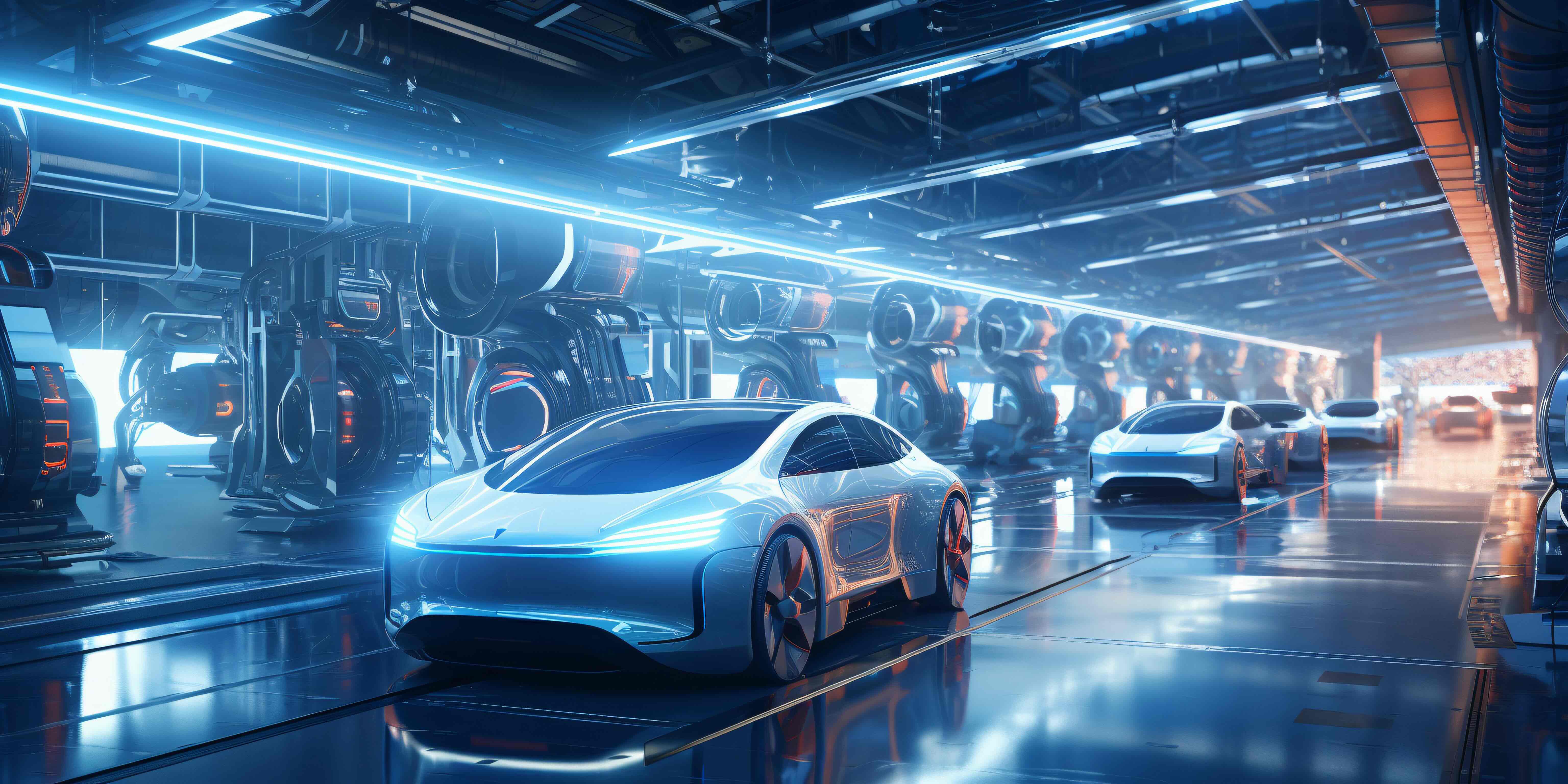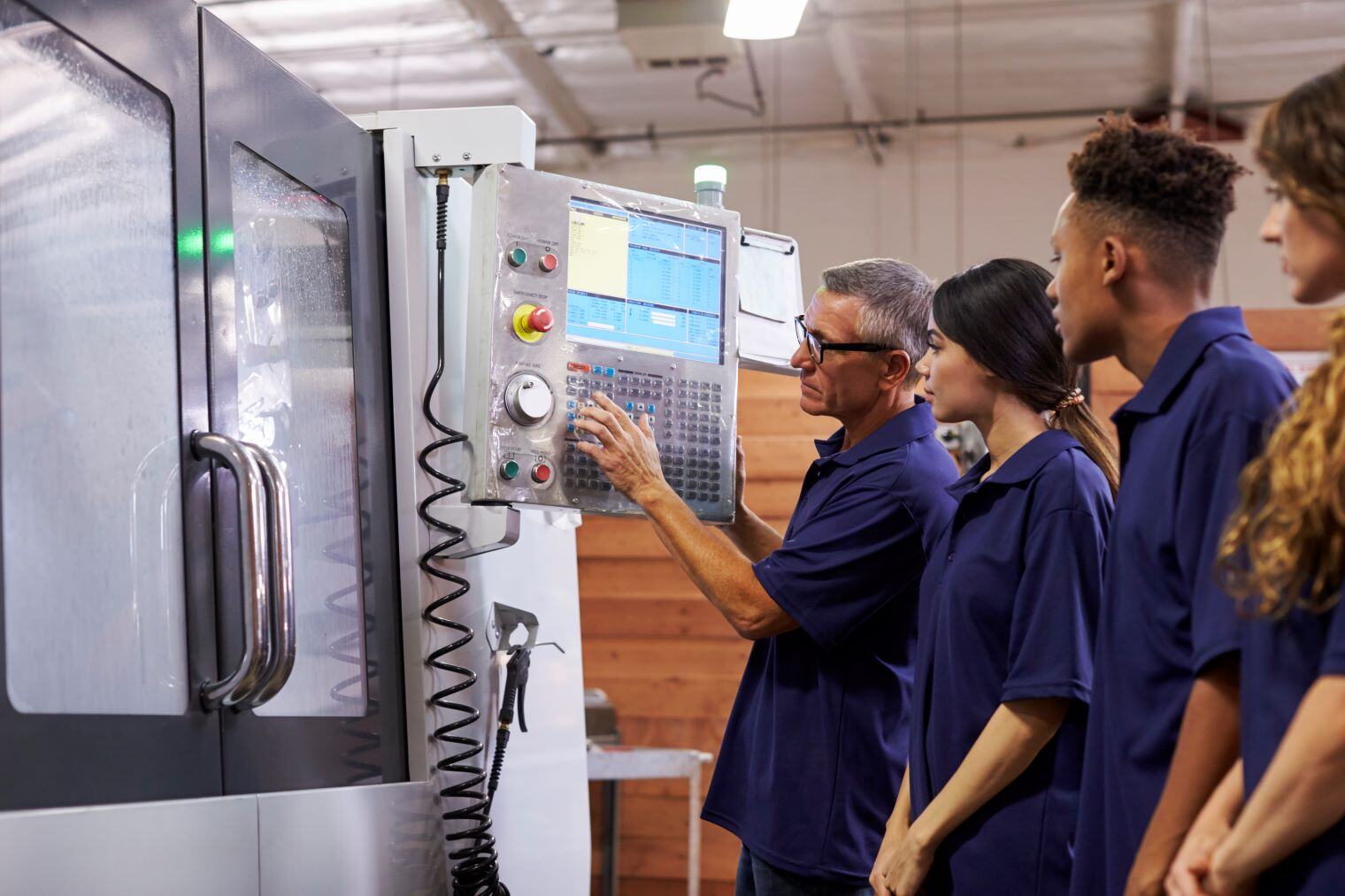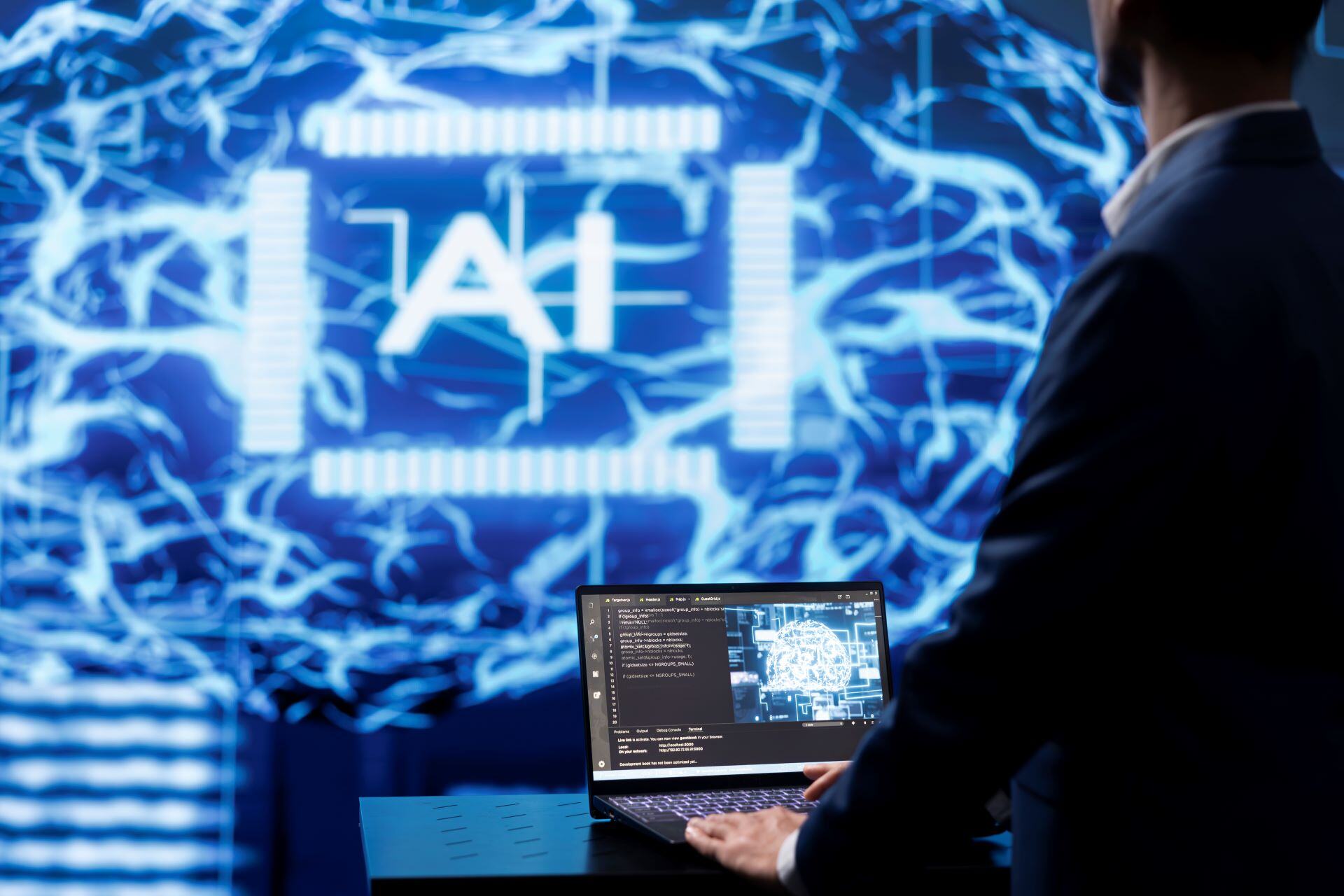Complete Guide on the Future of Automotive Industry

Post Categories
Robert Espinoza
The Future of the Automotive Industry
The car, once a cherished symbol of personal freedom and status, is undergoing a metamorphosis that will redefine how we live, work, and travel. From the invention of Henry Ford's Model T to the sleek sports cars gracing our streets today, the automobile has held a special place in our hearts and wallets. But those days are almost behind us. A seismic shift is underway, fueled by technological innovation and changing consumer demands, transforming the car from a prized possession into a tranportation service. Imagine a world without car payments, insurance premiums, or even steering wheels. Instead, fleets of interconnected, self-driving vehicles seamlessly navigate our roads, whisking us to our destinations with a simple voice command. This is not science fiction; it's the future hurtling towards us at warp speed. Factories are filling up with AI-powered robots, engineers are racing to perfect autonomous driving technology, and the traditional automotive workforce is evolving to meet the demands of this new world. Are you ready to explore this captivating landscape? Join us as we delve into the cutting-edge technologies, emerging trends, and workforce transformations shaping the future of the automotive industry.
1. Auto Industry Trends and Predictions for 2025-2030
The industry is expected to see continued growth in EV adoption, advancements in autonomous driving, increased focus on sustainability, and the integration of AI and robotics in manufacturing processes. These trends will shape the future of mobility and redefine the automotive landscape.
2. How AI is Impacting the Automotive Workforce
The AI revolution mirrors the Industrial Revolution, bringing both opportunities and challenges. Just as mechanization transformed societies, AI is reshaping industries, driving productivity, and creating new job roles while displacing some traditional ones.
3. How Automation is Driving the Future of Automotive
The automotive industry has evolved through stages of automation: fixed, programmable, and flexible, leading to today's integrated automation. This involves using sensors, robotics, AI, and data analytics to create fully automated production lines. Integrated automation enhances productivity, quality control, safety, and flexibility while reducing costs. Collaborative robots (cobots) work alongside humans, improving efficiency and safety. As technology advances, more sophisticated systems will emerge, further revolutionizing car design, manufacturing, and servicing, promising significant industry growth and innovation.
4. Future of Automotive Companies' Competitive Advantage
Automotive companies are leveraging advanced technologies to gain a competitive edge. BMW and Tesla lead with NVIDIA Omniverse and humanoid robots. Mercedes-Benz uses digital twins, GM focuses on advanced automation at Factory ZERO, Ford integrates VR and AR for design, Hyundai employs Boston Dynamics robots, and Stellantis develops digital factory concepts. These innovations enhance efficiency, quality, and cost-effectiveness in manufacturing, driving significant advancements and benefiting consumers with better quality, lower prices, and faster delivery time.
5. Trends in Automotive Workforce Management
The automotive industry is adapting to rapid changes with innovative workforce management strategies. Companies are focusing on flexibility, upskilling, and leveraging temporary staffing to meet fluctuating demands and specialized skill requirements.
6. Importance of Temporary Staffing in the Automotive Industry
Temporary staffing solutions provide flexibility to scale the workforce in response to production cycles and market demands. They help companies access specialized skills without the long-term financial commitments associated with permanent hires, reducing overhead costs and mitigating risks. Meanwhile, AI revolution is also impacting the staffing industry and tech-savvy staffing company is going to make a huge difference.
7. Employment Facts, Wages, and Statistics
The automotive industry employed approximately 2.075 million people in the U.S. as of May 2024. Employment in motor vehicle and parts manufacturing reached 1,070,100, showing an increase from the previous year. The industry faces a skilled labor shortage, particularly in areas like software development and cybersecurity, driving up wages and creating competition among employers.
8. How to Hire Engineers and Other High-Demand Automotive Professionals
Attracting and retaining top talent requires a multi-faceted approach, including strong employer branding, targeted recruitment, skills-based hiring, competitive compensation, and professional development. Partnering with technology driven recruitment agencies can also help access a vast network of qualified candidates.
9. Top 10 Jobs in an Electric Battery Manufacturing Plant
As the industry evolves, new skills are becoming essential. These include expertise in EV battery engineering, autonomous driving technology, AI programming, and robotics. Companies are investing in training programs to equip their workforce with these emerging skills. Key roles in EV battery manufacturing are battery engineers, quality control specialists, production managers, and materials scientists. These positions are critical for the development and production of efficient and reliable batteries.
10. Top AI-Powered Applicant Tracking Systems
Modern applicant tracking systems (ATS) powered by AI are revolutionizing recruitment by enhancing efficiency, reducing bias, and improving the candidate experience. These systems help automotive companies attract and retain top talent in a competitive market.

Source: Global EV Outlook 2024
Contact Timpl now to learn more about our customized workforce solutions
The automotive industry is on the brink of transformative changes, driven by technological advancements and evolving market dynamics. By staying ahead of these trends and investing in innovation and workforce development, companies can navigate the future of mobility successfully. Our expertise in workforce management and advanced recruitment solutions ensures you have the right talent to drive innovation and efficiency. Don't let talent gaps hold you back from capitalizing on future opportunities. Partner with Timpl today and secure a competitive edge in the automotive industry's dynamic landscape.


